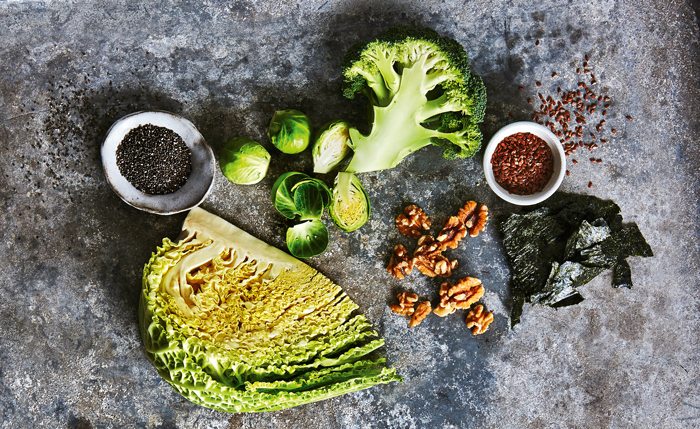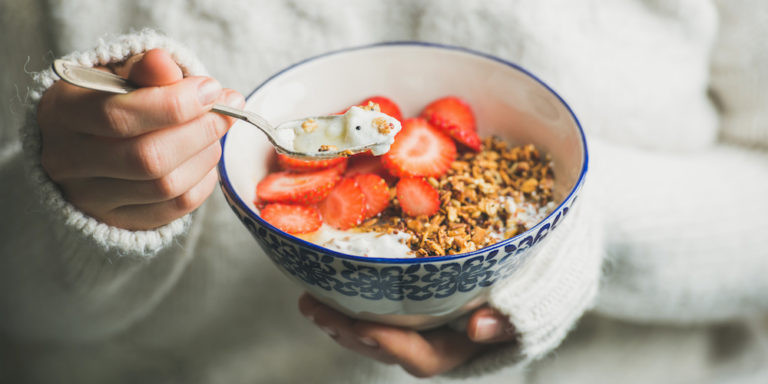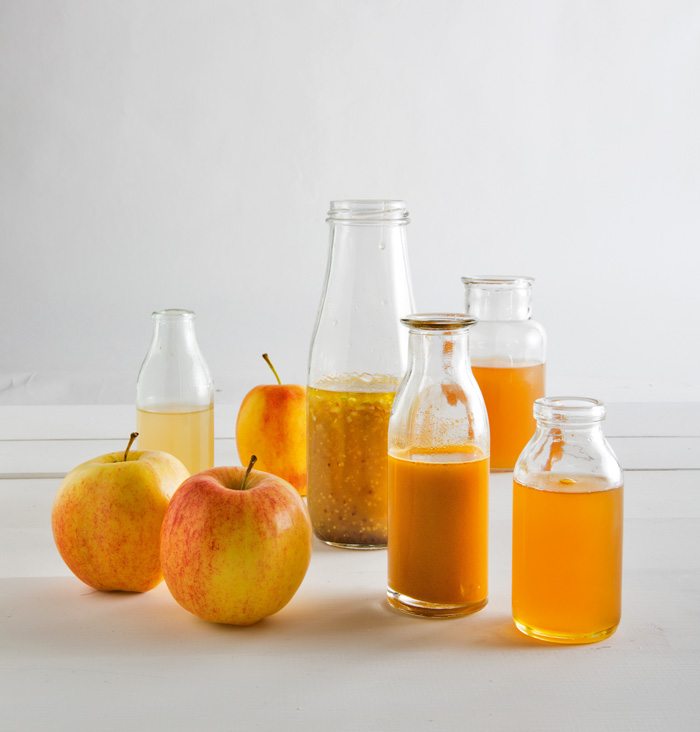Endometriosis is a condition that involves the abnormal growth of endometrial tissue in areas other than the uterus, where it should grow. It is a common cause of infertility in Western societies, yet its exact cause is unknown. An oestrogen-dominant condition, endometriosis is complex with many interconnecting systems. It is the most common benign gynaecological condition requiring hospital admission aside form early pregnancy disorders.
Symptoms and diagnosis
Symptoms vary but are commonly worse during menses. These range from pain before menses and lasting a day or two to vomiting, diarrhoea, fainting due to pelvic and abdominal cramping, pressure on the back, pain radiating down the leg, pain with urination or bowel movements, nose bleeds and fatigue. It is frequently misdiagnosed as irritable bowel syndrome due to its impact on the bowel, however an early diagnosis of endometriosis is vital and can make a huge difference to a woman’s reproductive years and long-term health.
Treatment aimed at stopping the progression of this condition should not focus solely on balancing oestrogen levels, but rather take on board its multifactorial nature. Moving beyond hormone balance to consider immune modulation, liver function, stress management, bowel function and all other eliminatory pathways will provide the greatest results.
Risk Factors
Studies show that starting menses earlier in life, having a shorter menstrual cycle with longer and heavier bleeds, obesity, ovulation problems and a deficiency in cell-mediated immunity are all associated with an increased incidence of the condition.
Environmental exposure to dioxins (chemicals produced by the manufacture and use of pesticides, paper pulp and the burning of hazardous waste) can increase the risk of endometriosis.
Dietary options
A low animal protein diet that is high in organic plant-based foods is most desirable when it comes to managing endometriosis and its symptoms.
Vegetables such as broccoli, brussels sprouts, cabbage and cauliflower all contain the powerful compound indole-3-carbinol, which has proven positive in down regulating oestrogen, a major aim in treating endometriosis. These should be eaten regularly, if not daily, by women who suffer from the condition.
Certain unfavourable bacteria in the digestive system can increase oestrogen recirculating in the system. In order to keep gut flora balanced, it’s important to consume a high-fibre diet that will optimise intestinal transit time and displace unfavourable bacteria. Since the liver processes hormones, keeping it clean and functioning well is vital. Eating vegetables that are known to support liver detoxification – for example carrots, beets, artichokes, dandelion greens, lemons and watercress – will help ensure optimal processing of hormones.
Onion, garlic and leeks all contain immunity-enhancing organosulfur compounds and the bioflavonoid quercetin. These protect against oxidation, block inflammation and inhibit tumour growth. Eating them frequently will reduce the risk of immune-associated complications.
Phytoestrogens are compounds found in plants, which the body recognises as an oestrogen. Xenoestrogens are synthetic chemicals found in plastics and many cosmetic and cleaning products. They mimic oestrogen in the body, but with a much stronger action. The body prioritises these xenoestrogens over its own and many consider this a major contributor to the growing incidence of endometriosis. In theory, consuming foods high in phytoestrogen may counteract this problem since the body also recognises these as oestrogens, with a weaker action. In this way, foods such as flaxseeds and fermented soy products such as miso and tofu should be beneficial in re-establishing healthy oestrogen levels.
It is always recommended to seek the guidance of an accredited practitioner to monitor progress and ensure optimal health when balancing hormones through diet.
Consuming oils such as evening primrose and borage oil will provide beneficial GLA (gamma-linolenic acid), while flaxseed, walnut and pumpkin seed oils will provide ALA (alpha-linolenic acid) to help decrease tissue inflammation.
Exercise has been proven to be greatly beneficial in reducing symptoms and should be part of any treatment plan.
Nutrients
Vitamin C
This potent antioxidant boosts immunity and oestrogen excretion while decreasing fatigue. Include kiwifruit, citrus and berries in the diet as well vegetables such as capsicum and dark leafy greens.
Beta-carotene
A precursor to vitamin A, beta-carotene enhances immunity and protects against early stages of tumour growth, an important consideration in oestrogen dominant conditions. Enjoy sweet potato, carrot and leafy greens.
Vitamin E
This fat-soluble vitamin has been shown to help correct abnormal progesterone and oestrogen ratios. Tahini, sunflower seeds and almonds all contain high amounts as well as beneficial fatty acids to ensure adequate absorption.
B Vitamins
These vitamins help the liver inactivate oestrogens, an important factor in treating endometriosis. Whole grains provide a good mix of B vitamins, though short-term supplementation may be needed.
Things to avoid
Limiting sugar, alcohol, caffeine, dairy and red meat is an integral part of treatment. Countries with a high saturated fat intake have a higher incidence of endometriosis. Removing animal products greatly reduces the intake of saturated fats while reducing exposure to dioxins, commonly found in animal products.
Smart Eating
Flaxseeds
These seeds are high in omega 3 fatty acids, therefore reducing inflammation in the body. They also contain high levels of lignans, a phytoestrogen that theoretically helps reduce oestrogens from our external environment.
Seaweed
High in iodine, seaweed helps with hypothyroidism, which is common in endometriosis. Snack on smaller sheets, or sprinkle it over meals to add a salty texture.
Walnuts
The omega 3 found in walnuts can help provide an element of anti-inflammatory action, helping to relieve the pain associated with endometriosis. Have them on hand to snack on whole or grind up and add to a morning smoothie.
Seeds
Combine seeds such as sunflower, sesame, pumpkin and chia for anti-inflammatory support that will keep your bowel moving. Adding seeds to brekkie can help treat congestion in the pelvic area. Add almond milk and grated apple.
Broccoli
This humble vegetable contains vitamins A, C, E and minerals such as selenium, important for liver detoxification and cell immunity.
High amounts of indole-3-carbinol in broccoli help process excess oestrogen. Add florets to a salad.







